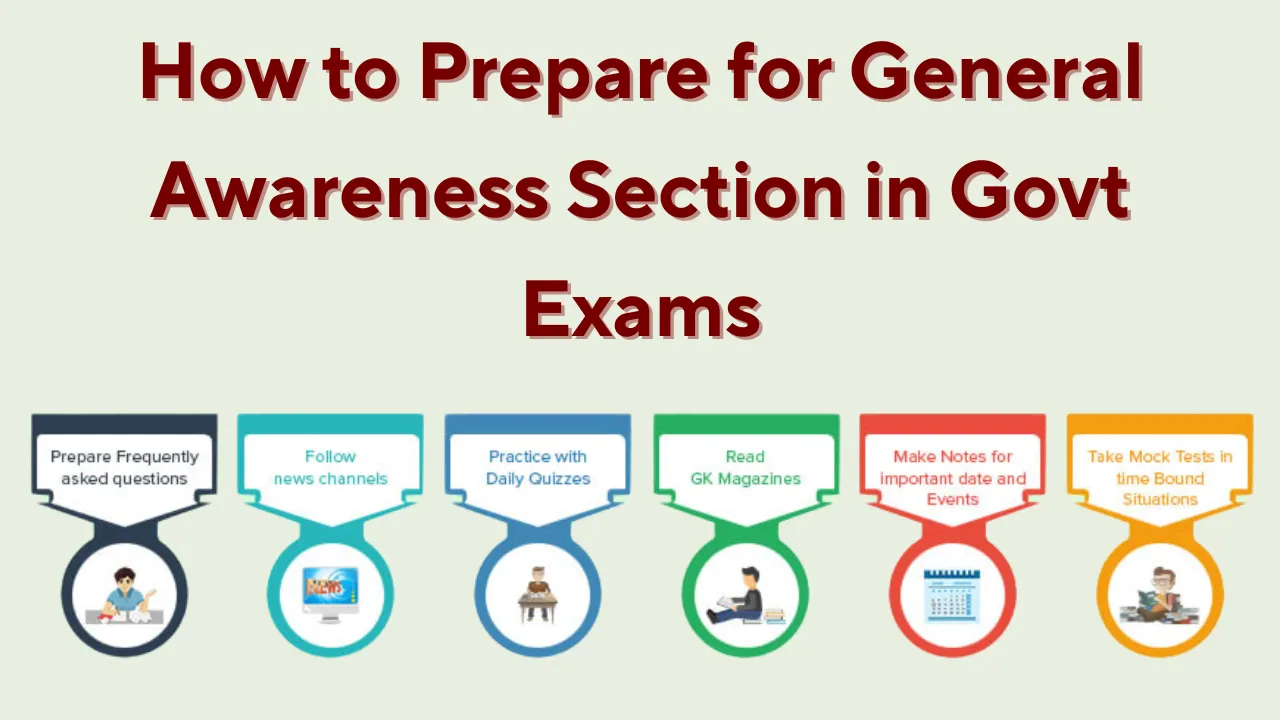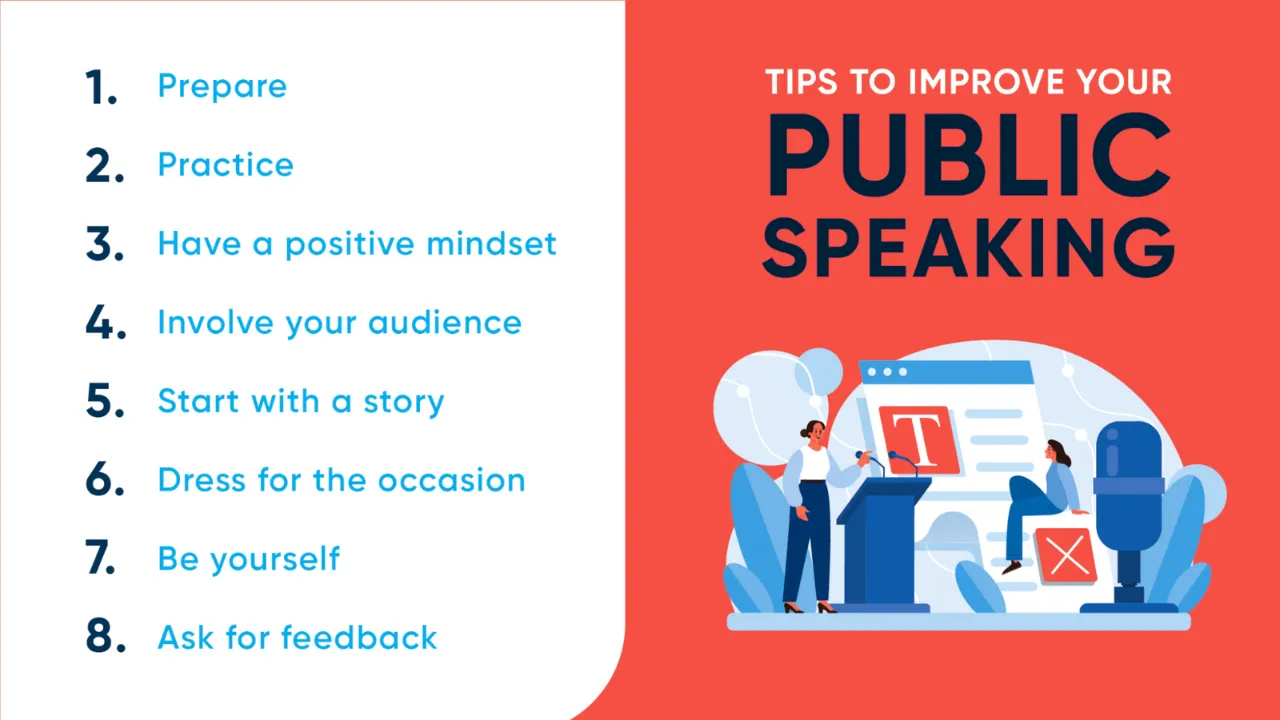Clearing the prelims stage of a competitive exam is a significant milestone. It reflects your dedication and hard work, but it is only the first step toward achieving your ultimate goal. The mains examination, however, presents a different challenge. Unlike prelims, which focus on factual knowledge and objective answers, mains require deeper understanding, strong analytical skills, and the ability to present your thoughts clearly in written form.
In this article, we will guide you on how to effectively prepare for mains after clearing prelims. The strategies outlined will focus on shifting your approach from memorization to analysis, improving your writing skills, managing time, and integrating current affairs into your answers. Following these techniques can significantly improve your chances of success in the mains examination.
Prepare for Mains After Clearing Prelims
Once you clear the prelims, your preparation strategy must shift completely. The mains exam tests your ability to analyze, structure your answers logically, and provide well-rounded viewpoints. To prepare for mains after clearing prelims, you need to focus on developing writing skills, understanding the syllabus deeply, practicing answer writing, and integrating current events into your responses.
Overview Table
| Key Focus Area | Preparation Strategy |
| Shift in Approach | From objective facts to subjective analysis, focus on writing and critical thinking |
| Syllabus Breakdown | Analyze syllabus thoroughly, divide topics, prioritize based on weightage |
| Previous Year Papers | Understand question patterns, identify frequently asked topics |
| Writing Skills | Practice answer writing, structure responses, improve essay writing |
| Current Affairs Integration | Connect current events to syllabus topics, use credible sources |
| Resource Utilization | Use standard textbooks, online platforms, government websites |
| Mock Tests | Regularly take mock tests, analyze performance, improve weak areas |
| Health and Time Management | Maintain study schedule, practice relaxation techniques, stay physically and mentally healthy |
Shifting Focus from Prelims to Mains
From Objective to Subjective
The major shift when you prepare for mains after clearing prelims is moving from objective-type questions to descriptive answers. Prelims test your ability to recall facts, while mains demand a deep understanding of concepts and their practical application. Instead of memorizing information, focus on how to analyze, evaluate, and write well-structured answers.
Improve Writing Skills
In mains, how you present your answers is crucial. Practice answer structuring by following a clear format: Introduction, Body, and Conclusion. Additionally, work on essay writing and developing coherent, logical flow in your answers. Writing clarity, coherence, and conciseness are essential to score well.
Develop Analytical and Critical Thinking
Mains questions often require you to form opinions, assess situations, and present balanced viewpoints. Develop your critical thinking by reading opinion articles, editorials, and participating in discussions to refine your analytical skills.
Strategic Preparation Plan
Syllabus Analysis
Start by carefully reviewing the mains syllabus. Break it down into smaller sections and identify high-weightage areas. Prioritize topics that are frequently asked in exams.
Study Previous Year Papers
Analyze past mains question papers. Notice recurring themes, types of questions, and exam patterns. This helps you focus on important topics and prepare according to examiner expectations.
Note-Making and Revision
Prepare concise, well-organized notes for each topic. Avoid long paragraphs; instead, use bullet points, charts, and tables. Regularly revise these notes to ensure retention and quick recall during exams.
Answer Writing Practice
Consistent answer writing practice is vital. Write answers for previous year questions or attempt mock tests. Focus on clarity, logical structure, and completeness. Pay attention to the introduction, maintain flow in the body, and end with a solid conclusion.
Integrate Current Affairs
Mains answers should reflect your awareness of recent events. Regularly update yourself on current affairs and connect them to relevant subjects in your syllabus. This adds depth and relevance to your answers.
Essay Writing
Practice writing essays on diverse topics. A good essay should have a clear structure, logical arguments, and smooth transitions. Work on your vocabulary, grammar, and writing style to make your essays impactful.
Optional Subject Preparation
If the exam includes an optional subject, devote special attention to it. Build in-depth knowledge and practice writing answers specific to that subject.
Essential Resources and Tools
Standard Textbooks
Rely on trusted standard textbooks to gain a deeper understanding of each subject. Avoid overloading yourself with too many sources—stick to quality materials.
Online Resources
Use reliable online platforms, educational websites, and government portals for updated information, current affairs, and extra reading material.
Mock Tests
Attempt regular mock tests to simulate real exam conditions. Post-test analysis is critical—identify areas where you lost marks and adjust your preparation strategy accordingly.
Study Groups and Mentorship
Join study groups or form partnerships with fellow aspirants. Discussing topics and exchanging ideas enhances understanding. Also, seek guidance from mentors or successful candidates to gain insights and tips.
Time Management and Healthy Mindset
Create a Study Schedule
Develop a realistic timetable. Allocate specific time slots for each subject, optional paper, and essay writing. Stick to your schedule while leaving room for revisions and breaks.
Manage Time in Exam
During mock tests, practice allocating time wisely across all questions. Learn to prioritize easier questions first and avoid spending too much time on one answer.
Maintain a Positive Mindset
Staying positive is just as important as preparation. Avoid stress by practicing relaxation techniques like meditation, yoga, or light exercise. Keep a healthy routine with adequate sleep, balanced nutrition, and regular breaks to recharge.
(FAQs)
1. How should I shift my preparation approach after clearing prelims?
Focus on subjective answer writing, analytical skills, and in-depth knowledge rather than factual memorization.
2. How important is answer writing practice for mains?
It is crucial. Regular answer writing improves clarity, structure, and time management, which are key to scoring well.
3. How can I integrate current affairs in mains preparation?
Stay updated daily and connect recent events to topics from the syllabus while writing answers or essays.
4. Should I prepare differently for the optional subject?
Yes, dedicate specific time to understanding concepts in depth and practice answer writing specific to the optional subject.
5. How can I manage stress during mains preparation?
Maintain a healthy routine, exercise regularly, practice relaxation techniques, and take short breaks to stay stress-free.
Final Thought
Successfully clearing prelims is only the beginning. To effectively prepare for mains after clearing prelims, you need a strategic and disciplined approach. Focus on building analytical skills, practicing answer writing, integrating current affairs, and staying consistent. Remember, mains is not just a test of knowledge but of expression, understanding, and clarity. Stay motivated, stay healthy, and keep refining your preparation strategy to move one step closer to your goal. Feel free to share your mains preparation strategies or questions in the comments below!







